Olu Agunloye, a former Minister of Power and Steel, has publicly accused former President Olusegun Obasanjo of deliberately distorting facts to protect his legacy regarding the controversial Mambilla Hydroelectric Power Project. Agunloye, who served under Obasanjo from 2002 to 2003, is currently facing a seven-count charge at the Federal Capital Territory (FCT) High Court for alleged fraud related to this $6 billion project.
Agunloye claims that his legal troubles are an attempt by the Nigerian government to scapegoat him, thereby diverting attention from systemic corruption and the actions of multiple administrations involved in the project over the last two decades. He asserts that the accusations against him are linked to personal conflicts between Obasanjo and key figures like former Vice President Atiku Abubakar and Leno Adesanya, the owner of Sunrise Power Company, which was awarded the contract.
In his statement, Agunloye alleges:
Obasanjo feigned ignorance about the Build-Operate-Transfer (BOT) contract during his tenure, only to later distort these facts in public and judicial forums.
The current legal battles stem from actions by subsequent governments, notably when in 2017, under President Muhammadu Buhari, then-Minister of Power Babatunde Fashola ignored a 2012 agreement with Sunrise Power and awarded the contract to another company, escalating the dispute to arbitration in France.
Despite suggestions from the Chinese government for an amicable resolution, the Nigerian government failed to uphold two settlement agreements, pushing Sunrise back to arbitration.
Agunloye accused the government of using misinformation to shift blame and protect the reputations of four former presidents who have dealt with the project.
This accusation comes at a time when Agunloye is under scrutiny for his role in the project, having previously sought the intervention of the Minister of Justice, Mr. Lateef Fagbemi (SAN), among others, to address the allegations against him. The Mambilla Power Project, which has been mired in legal disputes, represents one of Nigeria’s most significant energy projects, intended to be the largest power plant in the country but has been stalled by these controversies.
Agunloye’s claims highlight the complexity and political intricacies surrounding large-scale infrastructure projects in Nigeria, where governance, personal vendettas, and legal accountability intersect, often leading to prolonged disputes and project delays.

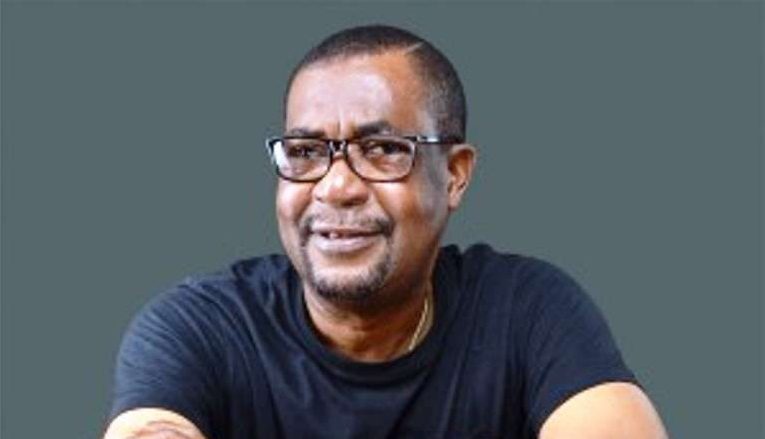

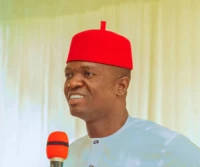
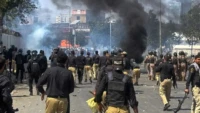


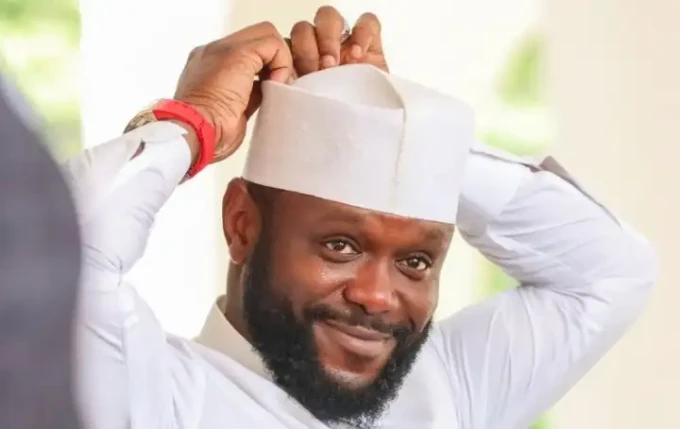


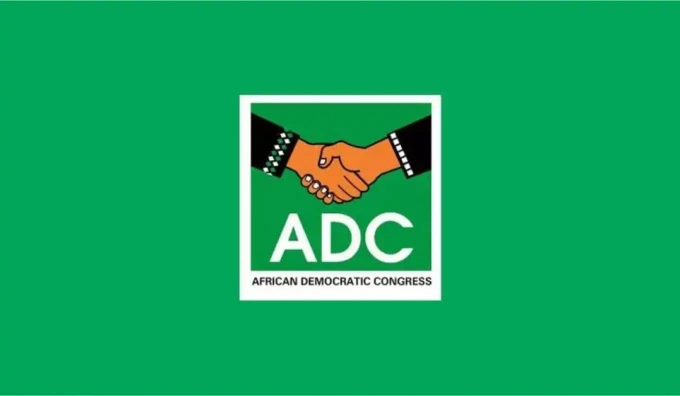
Wow, can you believe the drama between Agunloye and Obasanjo? Who do you think is telling the truth about the Mambilla Power Project?
I think theres more to this Mambilla Power Project saga than meets the eye. Whos really telling the truth here? 🤔
I dont know who to believe here. Both are politicians, so whos really telling the truth? Its a mess!
I cant believe the drama between Agunloye and Obasanjo! Who do you think is telling the truth about the Mambilla Power Project? Lets discuss!
I cant believe the drama unfolding between Agunloye and Obasanjo over the Mambilla Power Project! Who do you think is telling the truth here?
I think Agunloye has a point. Obasanjo needs to address these accusations properly. Transparency is key!